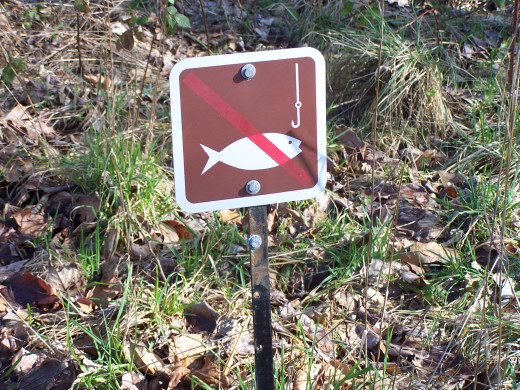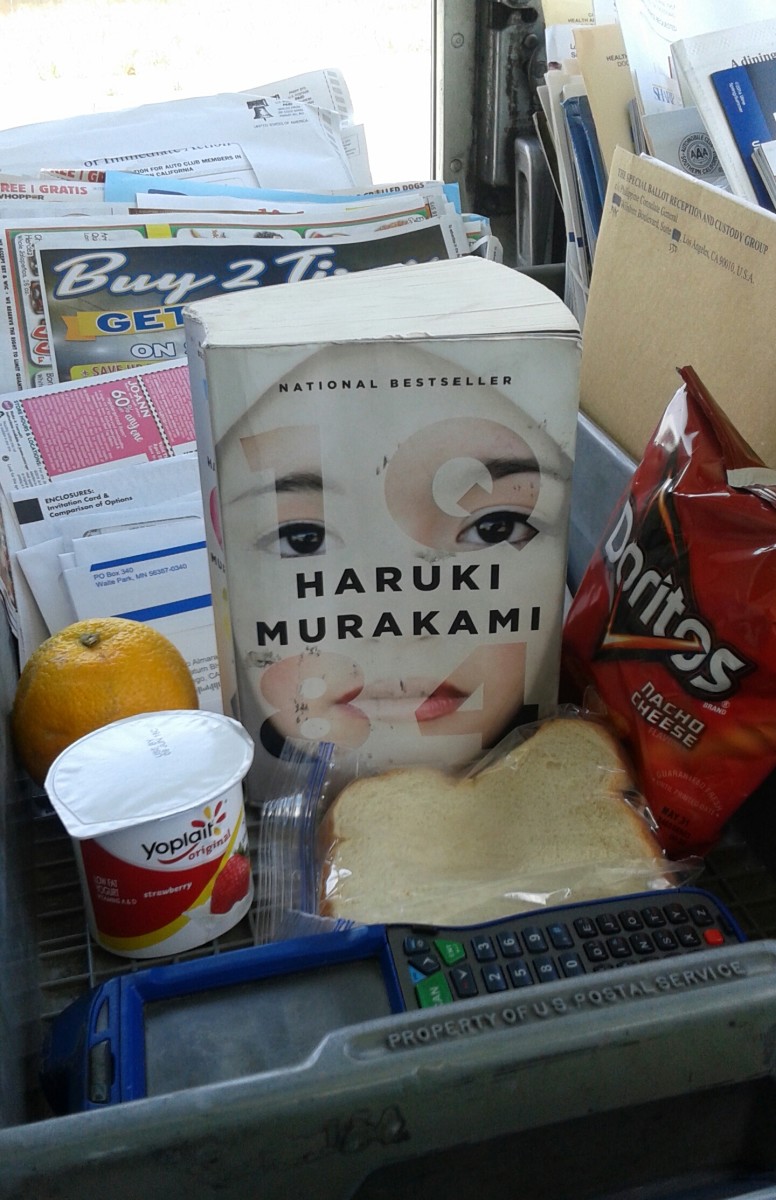Why Was My Book Rejected? Ten Reasons For Rejection
The Agony of Defeat
Hey, when Rocky speaks I listen!
Seriously, how many of you are currently writing a book? How many of you have written a book? How many of you are planning on writing a book? Chances are, with those three questions, I have included about 90% of the writers reading this article. That’s good because it means maybe, just maybe, I have something of value for you within the following 1,200 words. Let’s hope that is the case.
You spend months writing a book. My first novel took me two years from starting date to publication date. Two years of my life I will never get back; two years of blood, sweat and tears devoted to 80,000 words, and when I had finished that book it was met with a resounding YAWN from agents and publishers. Two years….as though those two years had no meaning to them at all…..because they didn’t. In the world of traditional publishing, the effort that goes into a book means absolutely nothing to editors, agents and publishers. All they care about is the end result. Is your book good and does it have a chance of striking a chord with the reading public?
Even if you take the non-traditional publication route and self-publish, the bottom line is still….is your book good and does it have a chance of striking a chord with the reading public?
Perhaps you have already experienced rejection, either by an agent/publisher or by the reading public. If so, there is a better than even chance that the rejection was because of one, or more, of the following reasons.
Very entertaining

YOU DIDN’T DELIVER
When you write a query letter to an agent/publisher, you are basically giving a quick summary of your book, and you are promising that your book will be about a particular subject. If you do not deliver on that promise you are signing your own literary death warrant. In other words, if I say, in the summary of the book, that it is about a young boy coming of age, and it ends up being a simple romance, then I blew it with agents and I blew it with the reading public.
MISSED THE TARGETED GENRE AUDIENCE
We see this most often with age appropriate work. In other words, a YA novel might have sex scenes and thus not be “relevant,”’ or a nostalgic look at the 60’s is represented as a children’s book. Those are extreme examples but they do point out the importance of labeling your novel with the correct genre.
IT LACKS PIZZAZZ
Hundreds of thousands of books are written every year. Millions have been written. Your goal, as a writer, is to somehow write something that is authentic and unique. Good luck!
Boy meets girl. Boy falls in love with girl. Boy and girls live happily ever after. How many times has that story been written? It is the basis for every love story ever written. So how are you going to make that basic, done-to-death story new and fresh? If you can’t then don’t write it. Please!

THE HOOK IS GREAT BUT THE REST IS GARBAGE
The Ten Second Rule, which states that you better have one heck of a hook to reel in your reader within the first ten seconds, is crucial for any writer, and because it is crucial, much time is spent on that opening chapter. But what about the rest of the book? Surprisingly, many writers who get rejected dazzle agents and publishers with an opening chapter worthy of Steinbeck, only to write the next 300 pages worthy of Peter Steinway of Hoboken, New Jersey.
The reason why writing a successful novel is so difficult is because a writer must remain consistently good for over 300 pages. The story line must stay consistent. The characters must remain alive and vibrant for 300 pages. This is not an easy thing to do, and many fail miserably in trying to do it.
THE WRITING IS JUST PLAIN BAD
Yes, there is always this possibility. As harsh as it may sound it is a reality some must face. The grammar is horrible. There are misspellings. The plot does not hold together under scrutiny. The book is just boring.
But there is hope! For those who might fall under this category, never fear. This is why God made editors and ghostwriters. Spend the money and utilize the talents of a professional editor or ghostwriter and all problems will be solved.
THE NOVEL SUFFERS FROM DRAG ALONG DISEASE
I like to call this the “Russian Syndrome.” My apologies to some of the great Russian novelists, but I think you understand the point. Your opening chapter is fantastic, and there is promise in your words early on….and then….and then….the story becomes mired in minor details, or there are rambling discourses that put the reader to sleep.
A good novel has a rhythm to it. A good novel is alive. A good novel flows effortlessly. Bad novels do none of those things.

THE WRITING LACKS BOLDNESS
You can tell when a writer lacks confidence in the book they have written. The descriptions become overly-detailed. The adjectives and adverbs increase in number. There are endless explanations of what is happening just in case the reader can’t figure it out from the mundane writing. Instead of trusting the plot, the writer adds more and more elements of surprise that have nothing to do with the main storyline. All of these are signs that a writer does not trust in his craft.
THE READER IS LEFT DEVOID OF EMOTIONAL ATTACHMENT.
One of the jobs of a writer is to appeal to the five senses of the reader; an equally important job is to somehow make an emotional attachment with the reader. If you have failed to do either, or both, of these, the reader will feel nothing as they read your book, and that my friends is a kiss of death.
You have all read such a book. My acid test for this? If I can put a book down and not feel an urge to pick it back up again, then the writer has failed in his/her job.
HUGE DISAPPOINTMENT AT THE END
The writer builds the suspense, and then builds it some more. The reader is invested and excited, can hardly wait for the finish….and then….nothing. The book falls flat on its face, and as a reader I am a bit bitter to say the least.
If you are going to write a book then there had better be a payout worthy of the time I invested in reading it. Period!
IN THE END, THE BOOK WAS JUST A BIT TOO WEAK
Understand this about agents and publishers: they are approached thousands of times each month with book proposals. They are not looking for good books; they are looking for great books.
There is a very good reason why the masters of writing are considered masters: they create great works of art. They have that extra something that separates them from the rest of the pack. If you receive a rejection letter from an agent or a publisher telling you that they liked your work but it wasn’t quite what they hoped for, they are trying to tell you that it was lacking the “great factor.” If that is the case then go back to the drawing board and make it great.
Join me on my writing blog
- Artistry With Words | A topnotch WordPress.com site
A blog for writers, by writers, about writing.
Are you currently writing a novel?
Those Are the Top Ten Reasons for Rejection
Again, I am speaking to anyone who writes a book, whether you try to publish it the traditional way or you are publishing an ebook. Either the publisher will reject you in the traditional setting or the readers of ebooks will reject you in the non-traditional setting.
Knowledge is power. Now that you know the pitfalls that await you in the publishing world, you can work to avoid them. As I have stated in earlier articles, the author is often too close to his/her work to objectively make decisions on quality. Get in touch with an editor before you try to publish. It will cost you some money to do so, but it just might prevent you from singing the Rejection Blues.
2013 William D. Holland (aka billybuc)
“Helping writers to spread their wings and fly.”











